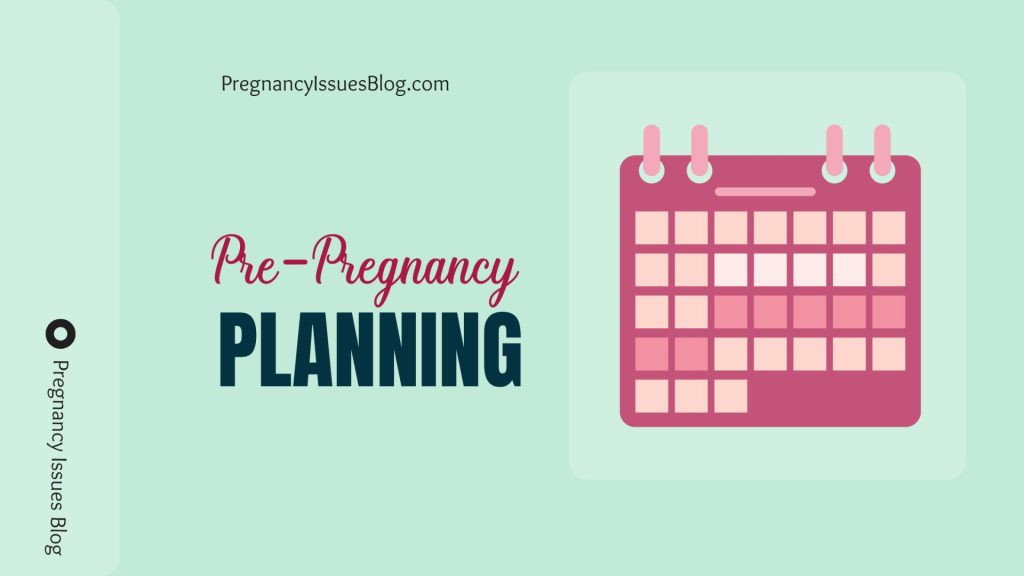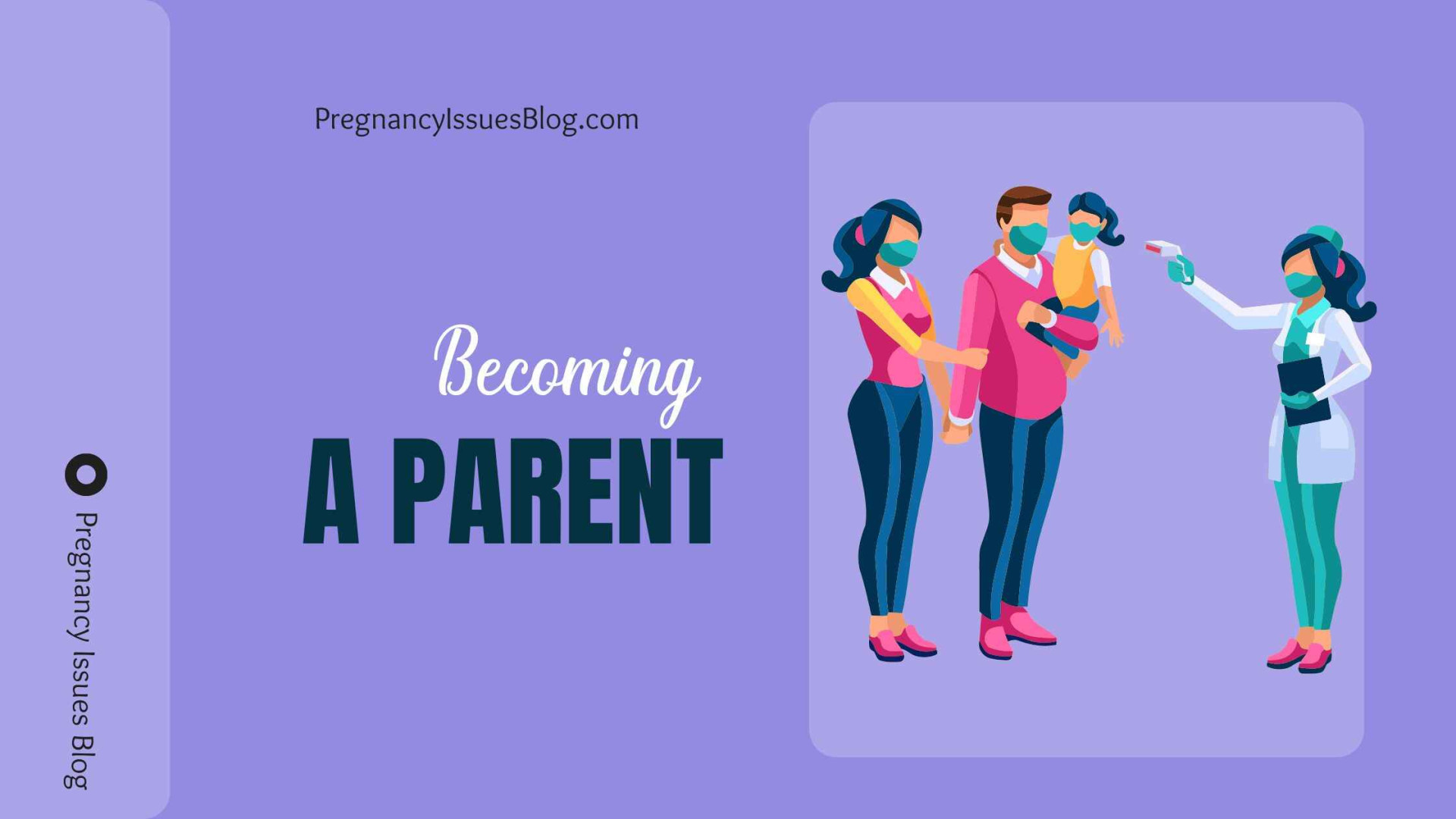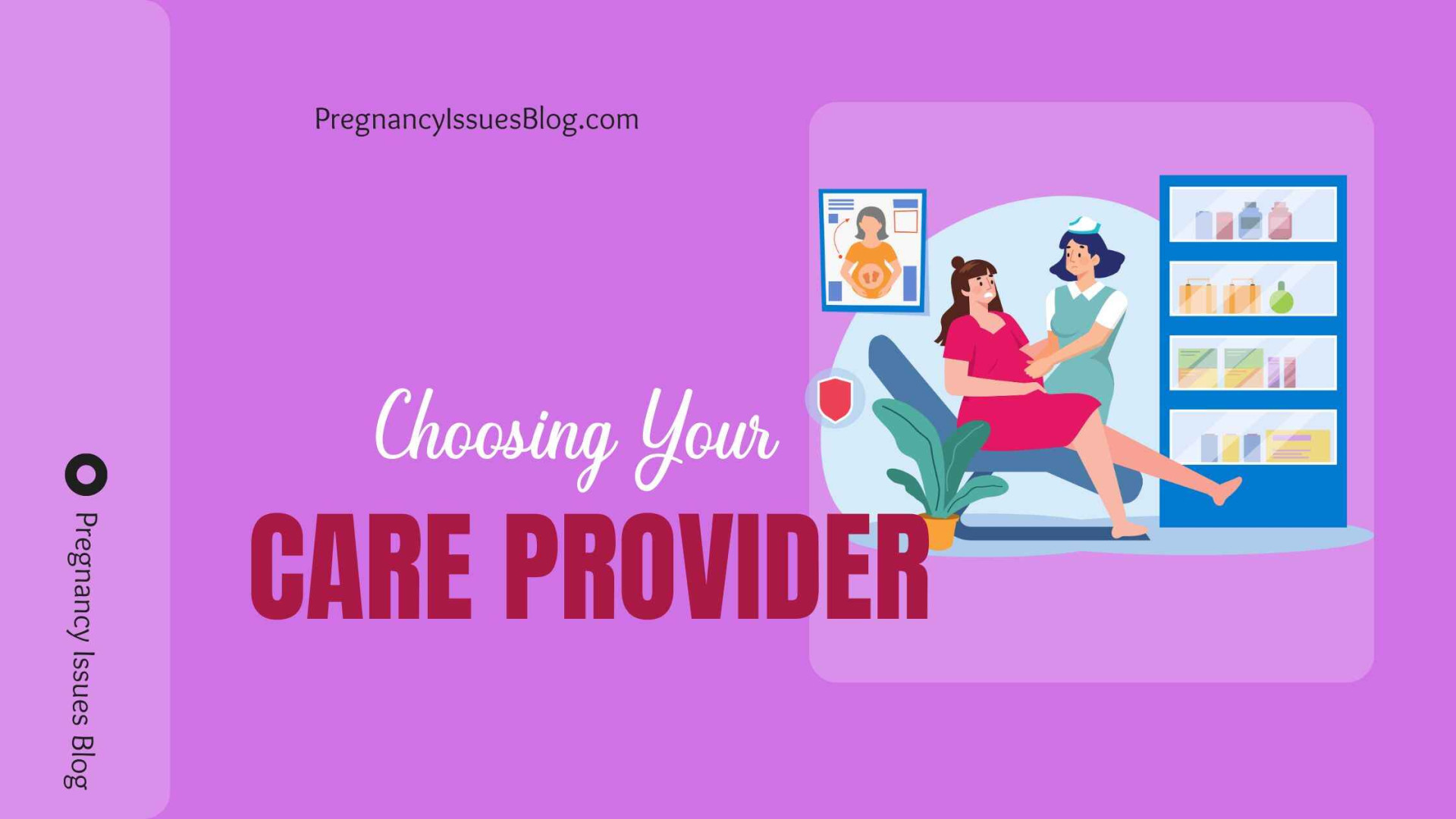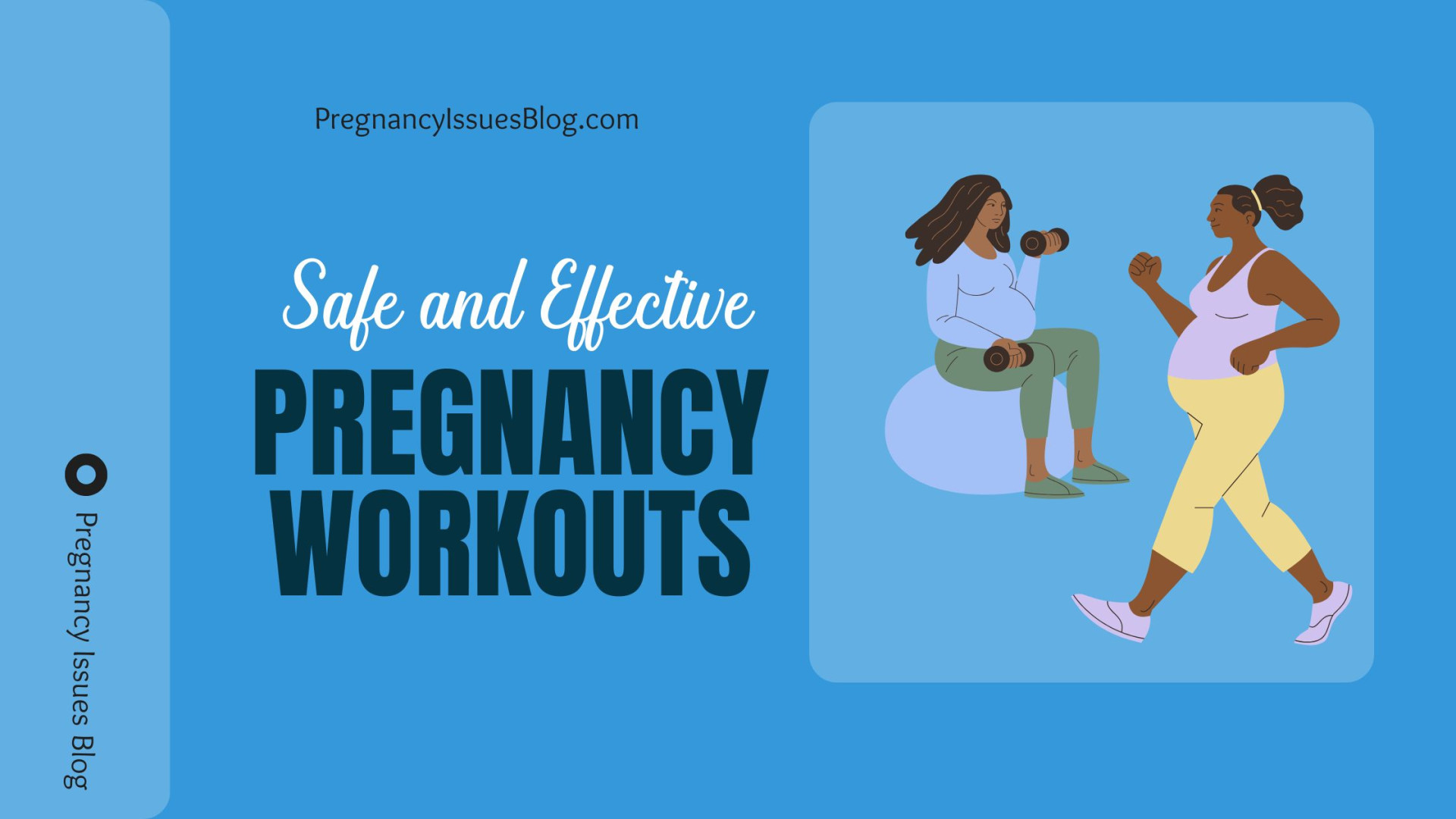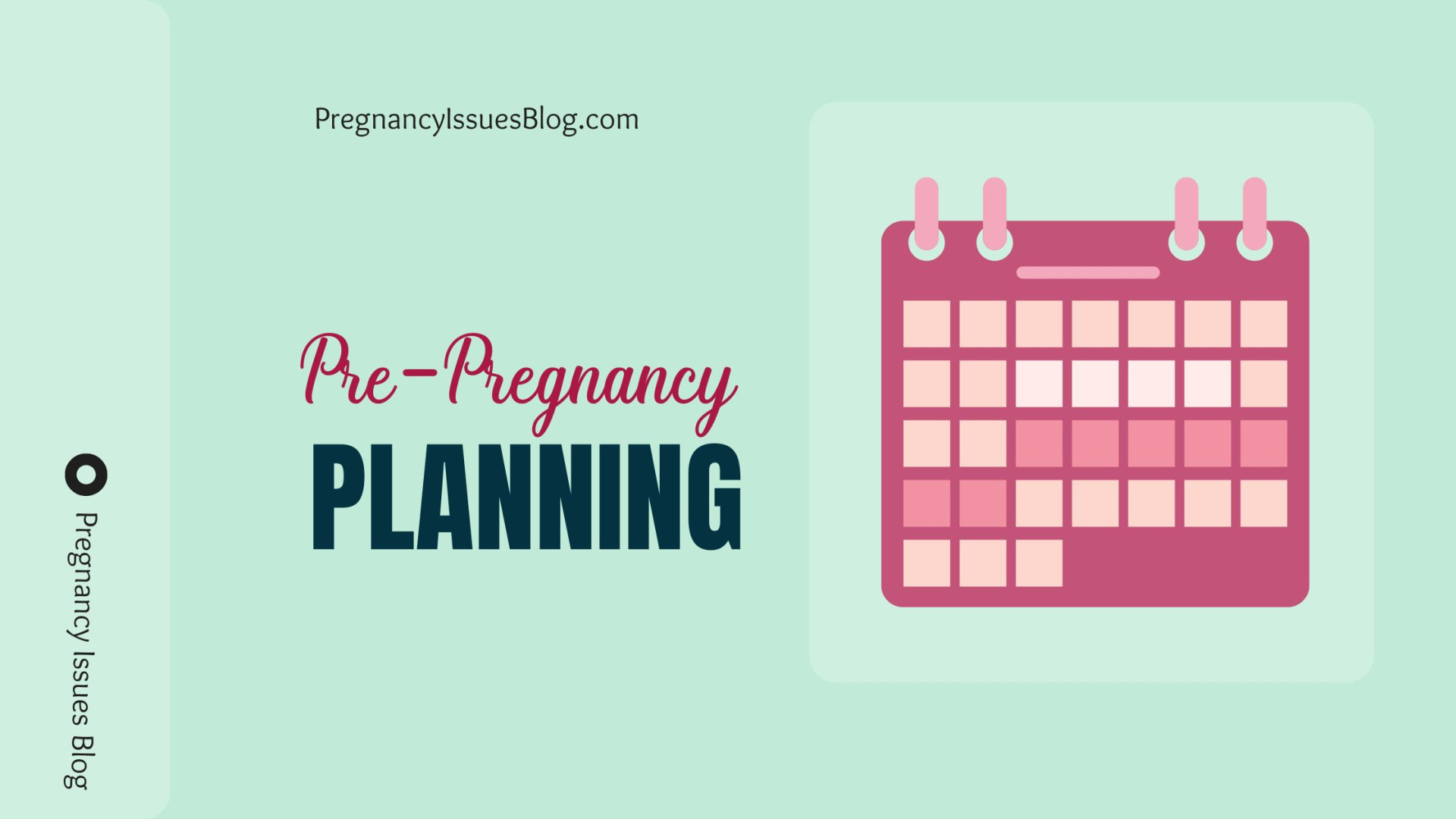Are you dreaming of starting a family? The journey to parenthood begins long before that positive pregnancy test. Pre-pregnancy planning is a crucial step that often goes overlooked, yet it can significantly impact both your fertility and the health of your future baby.
Introduce giving your child the very best head start in life—before they are even born. 🌟 There are numerous steps you can take to prepare your body and mind for this incredible journey, from working on nutrition optimization to shaping your supportive environment.
But where do you begin? So how can you know if you’re doing everything possible to increase your chances of a healthy pregnancy?
To make things easy for you, here are seven pillars of pre-pregnancy planning in this comprehensive guide. You’ll find out more on everything from fertility-boosting lifestyle changes to money-mindful financial preps, below. Help yourself become new parents ready for your awesome ride ahead.

Table of Contents
ToggleLifestyle Changes for Optimal Fertility
When preparing for a healthy pregnancy, making certain lifestyle changes can significantly improve your chances of conception and ensure a healthier start for your baby. Here are some key areas you should focus on:
A. Balanced nutrition for conception

Having a balanced diet maximizes your fertility chances. Make sure to focus on consuming the following:
- Whole grains
- Lean proteins
- Fruits and vegetables
- Healthy fats
| Nutrient | Food Sources | Benefits |
|---|---|---|
| Folic Acid | Leafy greens, fortified cereals | Prevents neural tube defects |
| Iron | Red meat, spinach, beans | Supports egg health and ovulation |
| Omega-3 fatty acids | Fatty fish, flaxseeds | Egg quality improvements |
| Antioxidants | Berries, nuts, dark chocolate | Eggs from oxidative stress |
B. Quitting harmful habits

Certain habits can negatively impact fertility and fetal development:
- Stop smoking and avoid secondhand smoke
- Eliminate alcohol consumption
- Your intake of caffeine should be totally reduced to 200mg or less daily or avoid it if possible
- Make sure you’re not exposed to environmental toxins
C. Managing stress and its impact on conception

Engaging in activities that can lead to chronic stress can interfere with your ovulation and reduce fertility. Try these stress-reduction techniques:
- Practice mindfulness meditation
- Engage in regular yoga sessions
- Use deep breathing exercises
- Prioritize self-care activities
D. Exercise routines to boost fertility

Engaging in regular, moderate physical activity can enhance fertility by:
- Helping to maintain a healthy weight
- Regulating hormones
- Increasing your blood circulation to your reproductive organs
You should also engage in 30 minutes of moderate exercise on most days of the week. Consider activities like:
- Brisk walking
- Swimming
- Cycling
- Low-impact aerobics
And as always, talk with your doctor before beginning a new exercise routine.
These lifestyle changes put you on proactive steps capable of maximizing your fertility and setting yourself up for a healthy pregnancy. We will discuss important health issues to address before getting pregnant next.

Medical Considerations
I’ve mentioned that if you are planning to become pregnant, as a prospective parent, you must have the right mindset and knowledge about the various health aspects that are important for both you and your future child, and you should take necessary precautions even before conception.
The following are the key medical factors that you should consider:
A. Reviewing current medications
You should consult with your healthcare provider about any medications you are taking before trying to conceive. There are medications that pregnant women should not take and some may need to be changed or stopped.
- Prescription medications: Discuss the safety of your prescription medications with a doctor before pregnancy
- Over-the-counter drugs: Evaluate their necessity and potential risks
- Herbal supplements: Their safety depends on your dosage which must be one of the crucial points for any health benefits or dangers. Make sure to consult with a healthcare professional about their safety.
B. Managing existing health conditions
When you already have health problems, it is extremely important to address them with your healthcare provider before and during pregnancy and advocate for yourself.
| Condition | Management Approach |
|---|---|
| Diabetes | Achieve optimal blood sugar control |
| Hypertension | Monitor and control blood pressure |
| Thyroid disorders | Adjust medication as needed |
| Autoimmune diseases | Develop a pregnancy-safe treatment plan |
C. Vaccinations and immunizations
Ensure you’re up-to-date on all necessary vaccinations before pregnancy. Some key immunizations to consider include:
- Rubella (German measles)
- Varicella (Chickenpox)
- Influenza (Flu shot)
- Tdap (Tetanus, diphtheria, and pertussis)
D. Genetic screening options
If you are considering having your first child, think about genetic screening to diagnose any hereditary diseases that can impact the growth of your unborn baby. This may include:
- Carrier testing for disorders such as cystic fibrosis or sickle cell anemia
- Family history assessment
- If necessary, genetic counseling
E. Pre-conception check-up
Book a full wellness visit with your healthcare provider before you begin trying to conceive. This visit usually involves:
- Physical examination
- Blood tests to check for anemia, vitamin deficiencies, and infections
- Pap smear and STI screening
- Discussion about prenatal vitamins, especially folic acid supplementation
It is important to address these medical considerations as they will greatly increase your chances for a successful pregnancy.
Next, you’ll explore the crucial role of nutrition in preparing your body for pregnancy. Understanding how food plays a vital role in getting your body ready for pregnancy makes you more prepared in the right way.
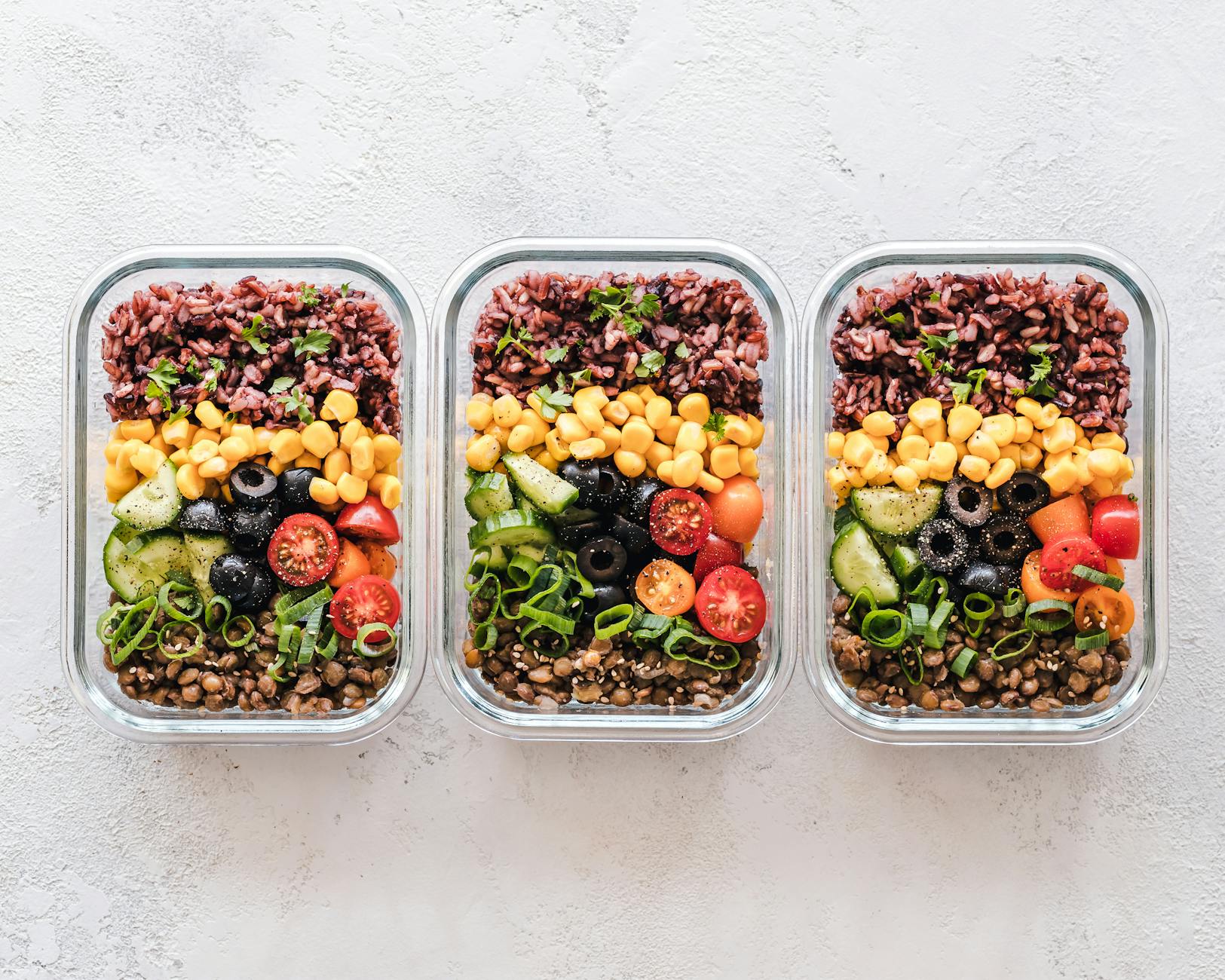
Nutritional Preparation
Having good nourishment is essential for your health in your fertility journey. When seeking to conceive, concentrate on which foods go in your mouth and supplements you take but do not overlook the impact of processed food filled with crap.
Key things to think about when planning for pregnancy from a nutritional point of view are:
A. Foods to Avoid
When trying to conceive, you want to be mindful of the type of things that could affect your fertility and also possibly harm your future baby. Here’s a list of foods to avoid or limit:
- Meats and eggs that are raw or undercooked
- Unpasteurized dairy products
- High-mercury fish (such as swordfish, and king mackerel)
- Unwashed fruits and vegetables
- Too much caffeine or alcohol
B. Hydration Importance
Keeping well hydrated is vital for good health and fertility. Proper hydration helps:
- Regulate body temperature
- Transport nutrients
- Support cellular functions
- Enhances cervical mucus quality
You may need more water if you are an active person, or in a hotter climate. Aim for 8-10 glasses at least per day recommended by most health professionals around the world.
C. Folic Acid Supplementation
Folic acid is an essential nutrient to help prevent neural tube defects early in pregnancy. Begin taking a folic acid supplement now, at least 3 months before you plan to become pregnant. Here is the comparison of folic acid sources:
| Source | Amount of Folic Acid |
|---|---|
| Prenatal vitamin | 400-800 mcg |
| Fortified cereals | 100-400 mcg per serving |
| Leafy green vegetables | 100-200 mcg per cup |
| Legumes | 100-200 mcg per cup |
D. Essential Vitamins and Minerals
Other vitamins and minerals in a preconception health are:
- Iron: Supports blood production and prevents anemia
- Calcium: Builds strong bones and teeth
- Vitamin D: Aids calcium absorption and supports immune function
- Omega-3 fatty acids: Promote fetal brain development
- Zinc: Supports immune function and cell division
Here is another Hidden Trick, take a prenatal vitamin that has these base supplements before you even imagine getting pregnant.
Now that we’ve covered the importance of nutritional preparation, so let’s move on to how you can create your environment for a supportive pregnancy.

Creating a Supportive Environment
Before you even consider pregnancy, it is important that you create a positive environment for both your body and mind. This section looks at some of the major components to lay a solid foundation for your parenting journey.
A. Partner involvement in planning

Pre-pregnancy planning with your partner is mandatory for a healthy and happy pregnancy experience. Here are some strategies to ensure partners are active:
- Open communication: Discuss your hopes, fears, and expectations about pregnancy and parenting
- Shared decision-making: Make important choices together, such as selecting healthcare providers or planning lifestyle changes
- Mutual support: Supporting one another to exercise and keep up with medical checkups between appointments.
B. Addressing relationship concerns

Make the relationship right first; before you choose to take on a journey of pregnancy. Consider the following steps:
- Honest conversations about concerns or doubts
- Seeking couples counseling if needed
- Establishing clear roles and responsibilities for parenting
- Discussing potential changes in your relationship dynamics
C. Building a strong support system

Good support can really help with your pre-pregnancy and pregnancy journey. Here’s how to cultivate one:
| Support Type | Examples | Benefits |
|---|---|---|
| Family | Parents, siblings, in-laws | Emotional support, practical help |
| Friends | Close friends, parent groups | Shared experiences, advice |
| Professional | Healthcare providers, therapists | Expert guidance, medical care |
| Community | Pregnancy classes, online forums | Information sharing, sense of belonging |
Focusing on developing this supportive environment can better equip you for all of the rewards and frustrations that pregnancy, parenthood, and child development will bring. Now that you have the solid base it is time to think about finances for starting a family.
Financial Planning
When you begin planning for pregnancy, one of the most important things to think about is money. Effective financial planning eases the burden and makes it so that you are financially prepared for pregnancy, childbirth, and child-rearing.
A. Planning for maternity/paternity leave
During my pre-pregnancy journey, planning for parental leave was one of the first steps to fully grasp. See the key points to consider:
- Research your company’s maternity/paternity leave policies
- Understand your rights under the Family and Medical Leave Act (FMLA)
- Calculate your expected income during leave
- Explore options for extending leave, if desired
| Leave Type | Duration | Paid/Unpaid | Eligibility |
|---|---|---|---|
| FMLA | 12 weeks | Unpaid | 1+ year employment, 1250+ hours worked |
| Company Policy | Varies | Often partially paid | Depends on employer |
| Short-term Disability | 6-8 weeks | Partially paid | Depends on policy |
B. Budgeting for pregnancy and childbirth
It is important to make a full budget of the amount for pregnancy and childbirth expenses. Consider the following:
- Prenatal care costs
- Maternity clothing
- Baby gear and supplies
- Childbirth expenses
- Postpartum care
Tip: Begin setting aside some savings each month for these and begin building up your emergency fund.
C. Healthcare costs and insurance options
Understanding your healthcare costs and insurance options is vital for financial preparedness. Take these steps:
- Review your current health insurance policy
- Compare different insurance plans if you’re considering a change
- Understand what prenatal and maternity care is covered
- Research out-of-pocket costs for various services
- Consider supplemental insurance options, such as hospital indemnity plans
If you take care of these financial aspects during your pre-pregnancy planning, then when it’s time to start a family the ahead curve begins in full swing.
Applying the right mental and emotional approach is an essential part of being prepared for this exciting journey so we will discuss that next.
Mental and Emotional Readiness
Setting realistic expectations
It is important to have a realistic assessment of what the journey will look like when preparing for pregnancy. Realizing that it may take a little time and each person’s pregnancy journey is different. So keeping it simple, you want to remember these:
- It can take a healthy couple up to 12 months of trying to conceive
- Pregnancy symptoms and experiences vary widely
- Sometimes a pregnancy does not go as intended
Preparing for lifestyle changes
Mental preparedness is equally important to be ready for the changes that will follow as a part of life through pregnancy and parenthood. Some areas to consider may include the following changes:
| Area | Potential Changes |
|---|---|
| Work | Maternity leave, career adjustments |
| Social life | Less free time, new parent friendships |
| Relationships | Shifting dynamics with partner and family |
| Personal time | Reduced alone time, new priorities |
Coping with anxiety about pregnancy
Feeling nervous about becoming pregnant and being a mother is completely normal. If you develop coping strategies, these feelings can be easier to manage:
- Include a relaxation practice like meditation, yoga, etc
- Participate in a support group or link up with other expectant parents
- Get help from a professional if anxiety becomes unbearable
- Stay informed through reputable sources to alleviate fears
Assessing personal goals and timing
You need to have a good picture of your goals and timing when starting on this pregnancy journey. Ask yourself the following:
- Are you and your partner emotionally ready for parenthood?
- How does pregnancy fit into your career plans?
- What are your financial goals before starting a family?
- Do you have a support system in place?
By addressing these areas of your mental and emotional readiness, you’ll be more prepared for the challenges of pregnancy and parenthood.
Next, we’ll discuss why it is so important to track your fertility and how doing so can be beneficial in increasing your chances of conception.

Tracking Fertility
We have talked about many aspects of pre-pregnancy planning, but one thing that’s very important for the whole process is tracking your fertility. Knowing your body’s natural rhythms can help you conceive faster.
A. Timing intercourse for conception
As they say, you just need to hit conception at the right time. Understanding of your “fertile window” which is about six days leading up to and including ovulation.
But instead of leaving you threadbare and raw about the process, I am here to help — in a small measure:
| Days relative to ovulation | Fertility level |
|---|---|
| 5 days before | Low |
| 4 days before | Medium |
| 3 days before | High |
| 2 days before | Peak |
| 1 day before | Peak |
| Day of ovulation | High |
B. Ovulation prediction methods
A few different methods can assist you predict ovulation:
- Ovulation predictor kits (OPKs)
- Basal body temperature (BBT) tracking
- Cervical mucus monitoring
- Fertility apps and calendars
OPKs are among the best ways to measure ovulation because they give a reliable indication of an impending Luteinizing Hormone (LH) surge that comes 24-36 hours before actual ovulation.
C. Understanding menstrual cycles
The menstrual cycle always lasts for an average of 28 days (21–35 days). In a 28-day cycle, ovulation usually happens around day 14. That being said, cycle lengths can differ so it’s important to monitor your own.
Key phases of the menstrual cycle:
- Follicular phase: Days 1-14 (approx.)
- Ovulation: Around day 14
- Luteal phase: Days 15-28 (approx.)
You can also dramatically increase your chances of conceiving just by understanding these stages and utilizing fertility tracking methods.
Keep in Mind: Every woman is different, so it may take a little patience and experimentation to track success.

Pregnancy preparation is a vast process that involves different factors of life. Everything starting from making lifestyle adjustments, covering medical bases, nutrition meal planning, and emotional backing stakes its relevance to give way to a healthy pregnancy.
Preparing your finances and mind is as critical as setting the tone for having a stress-free, fun experience.
As you continue on this phase of parenthood, always keep in mind how very important it is for conceiving that you know your fertility.
When you take these steps before trying to get pregnant, you’re not only increasing your chances of a successful pregnancy but also laying the foundation for a healthier and happier future for you as the mother & for your baby.
You can initiate your pre-pregnancy planning today and give yourself as well as your future child a great head start in life.

